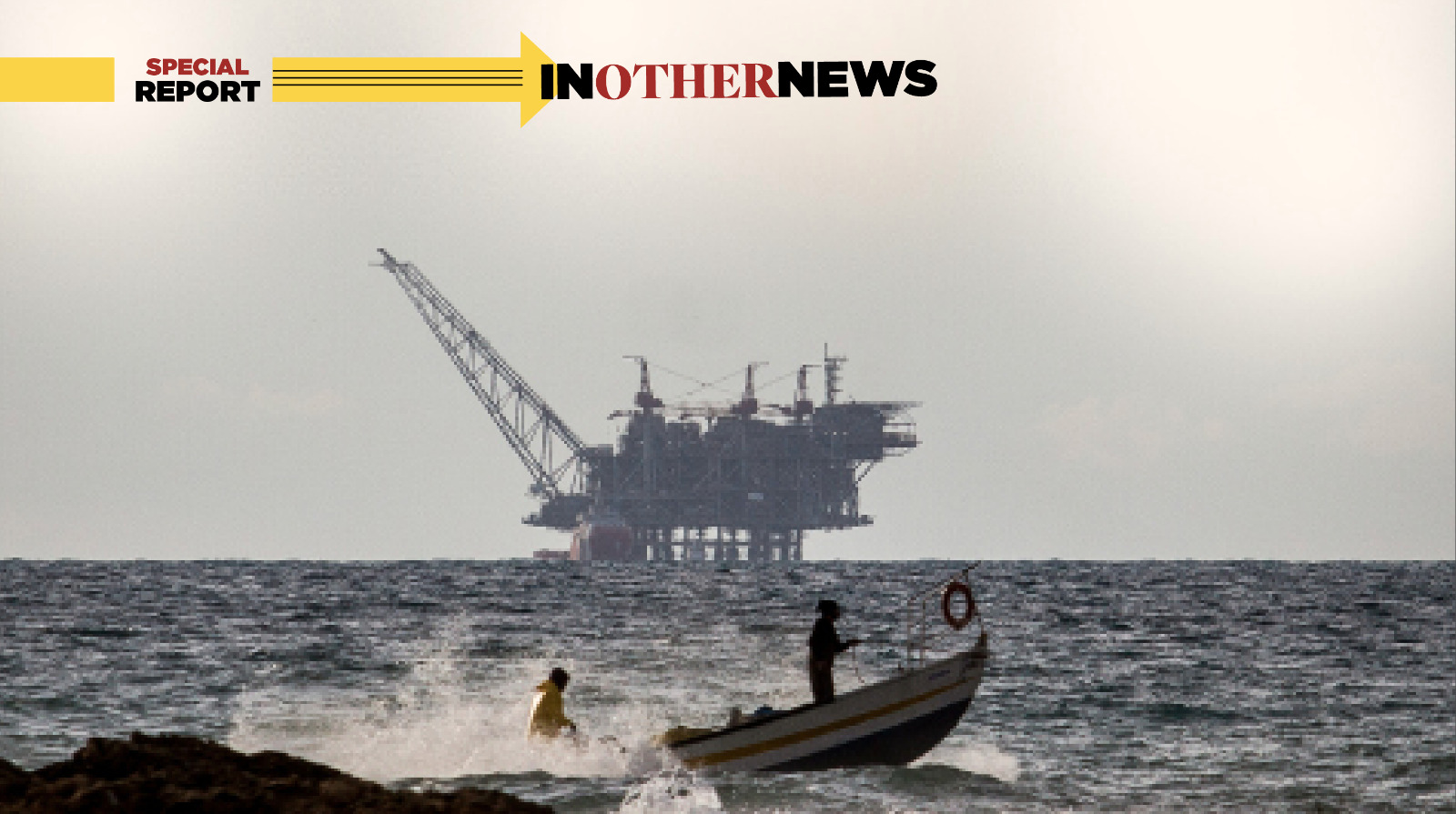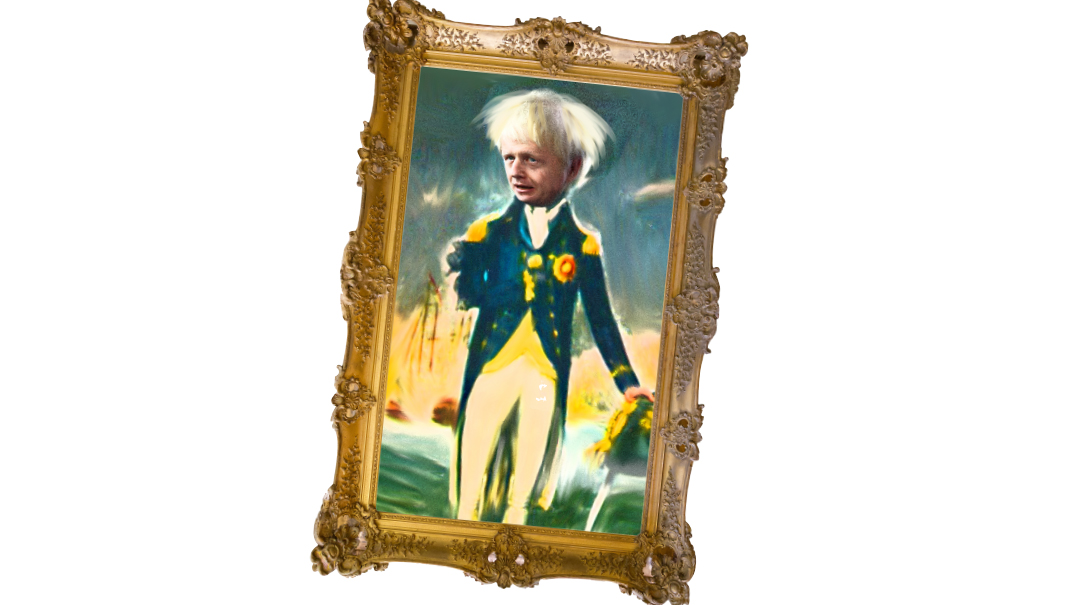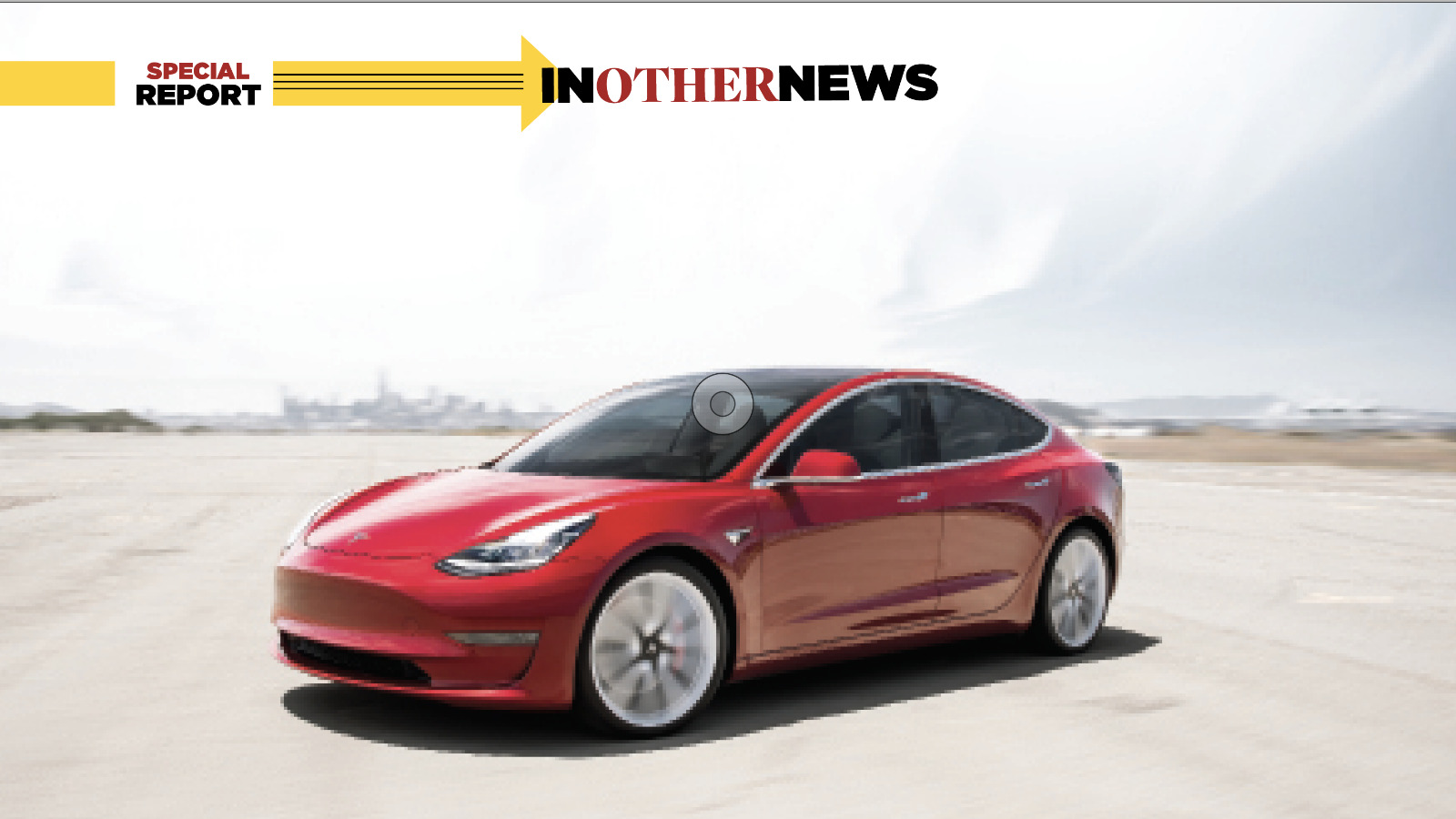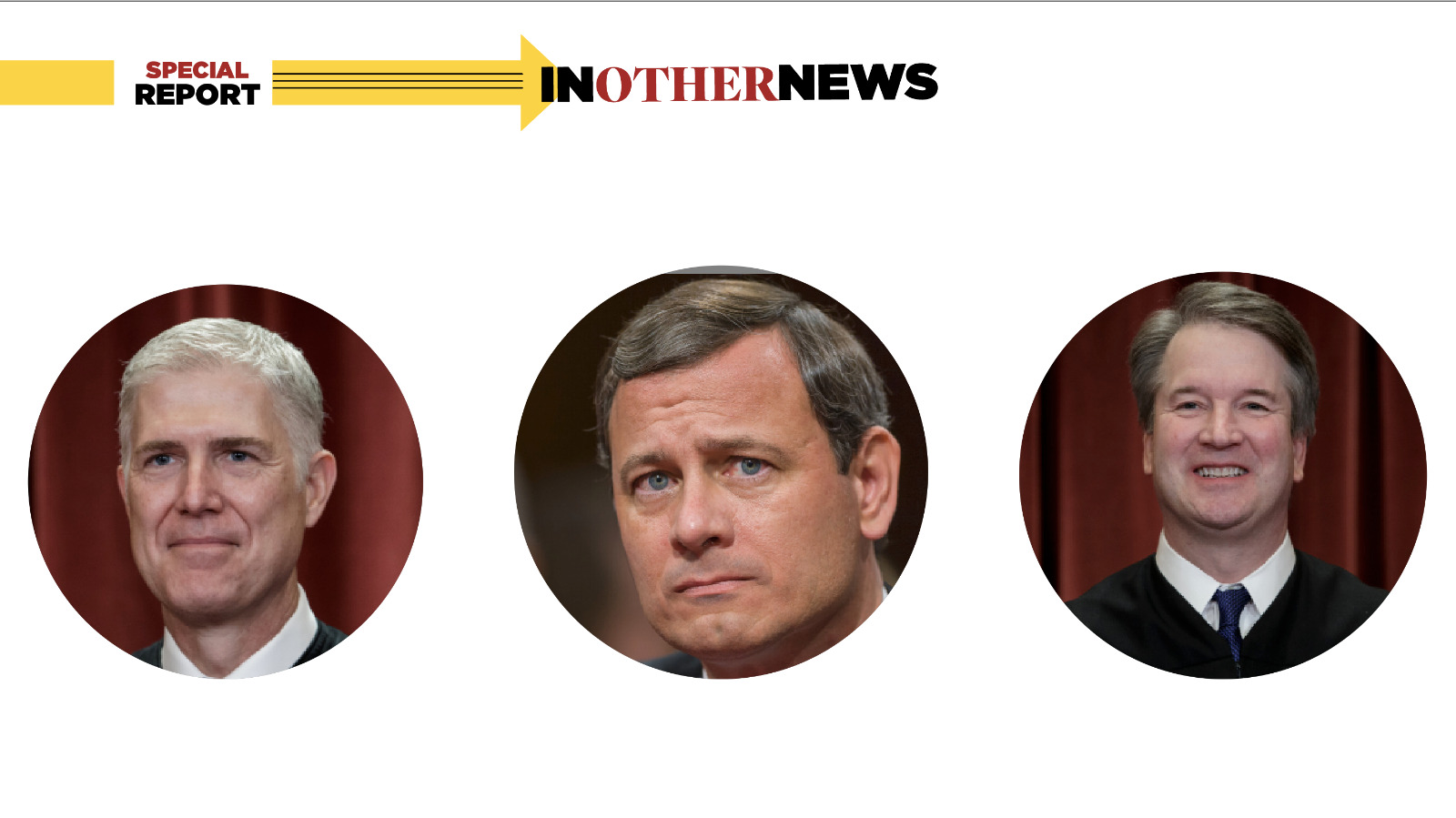Chevron Bets Big on Israel

So far, Arab states have not issued a peep about the Chevron purchase

Photo: Flash 90
In July, without fanfare, American oil giant Chevron (the second-largest energy company in the United States) acquired Houston-based Noble Energy for $5 billion. And since Noble owns a 40 percent stake in Israel’s two largest natural gas reservoirs, Leviathan and Tamar, one of the world’s largest oil players (which also does business with Arab states) has just made a huge splash in the Israeli market.
Chevron has a long history in the Middle East, going back to the 1930s, when it received oil-drilling licenses in Saudi Arabia. Today, the company conducts oil drilling in the Partitioned Zone (PZ) between Saudi Arabia and Kuwait to produce crude oil and natural gas.
But what about the Arab boycott? In the past, Arab states prevented huge multinational companies from investing in the Jewish state. And while McDonald’s and Pepsi finally arrived, large companies are still sensitive about angering their big Arab customers. Just last year, for instance, the CEO of the French energy company Total said the company wouldn’t enter the Israeli market because it’s a “complicated” investment.
Noble has stakes beyond Israel, so it’s possible that Chevron will sell its Israeli possessions, but early signs indicate otherwise. In a statement about the Chevron deal, Noble stated that its Israeli fields “bring[s] low-capital, cash-generating offshore assets… strengthening Chevron’s position in the Eastern Mediterranean”
The purchase coincides with a decline in the worldwide demand for oil, primarily due to the ancillary effects of the coronavirus pandemic. Noble, as well as Chevron, have seen heavy losses this year.
However, so far, Arab states have not issued a peep about the Chevron purchase. It’s no secret that certain Gulf states have grown closer to Israel over the years — due mostly to their mutual opposition to Iran, and to Israel’s standing as a technology leader — and their silence on the agreement indicates that the boycott is increasingly becoming a matter of the past.
Analysts agree that Israel’s growing standing in the region played a role in Chevron’s decision.
“The Iranian crisis doesn’t only influence Israel, but also the Gulf states,” an anonymous expert in the industry told Globes magazine. “On the diplomatic front, Israel has wisely positioned itself on the side of ‘the good guys.’ There’s no doubt that this [influenced] a giant corporation such as Chevron. If that weren’t the case, I find it hard to believe a deal like this could have materialized.”
Energy Minister Yuval Steinitz has been careful not to celebrate the deal before it’s clear that Chevron will indeed maintain its Israeli assets. But Steinitz did describe the transaction as a “game changer” in a conversation with Israeli journalists last week. Among other things, he explained that Chevron’s reach could create the groundwork for Israeli gas exports to Asia and Europe.
This news comes as Israel is poised to enter the European market via EastMed, an agreement among Cyprus, Greece, Italy, and Israel to build a 1,900-kilometer-long pipeline that will pump natural from Israeli rigs to Europe. The agreement essentially transforms the eastern Mediterranean basin into one giant export network. And Chevron is now in Israel to help make that happen.
Chevron, by the Numbers
- Founded in 1879 in San Francisco
- Produces 3.06 million barrels of oil a day
- 4 billion barrels of proven reserves
- $237.4 billion in assets
- $139.9 billion revenue in 2019
- The company reported losses of $8.3 billion in the second quarter of 2020.
(Data from the company’s financial reports 2019-2020)
(Originally featured in Mishpacha, Issue 823)
Oops! We could not locate your form.













